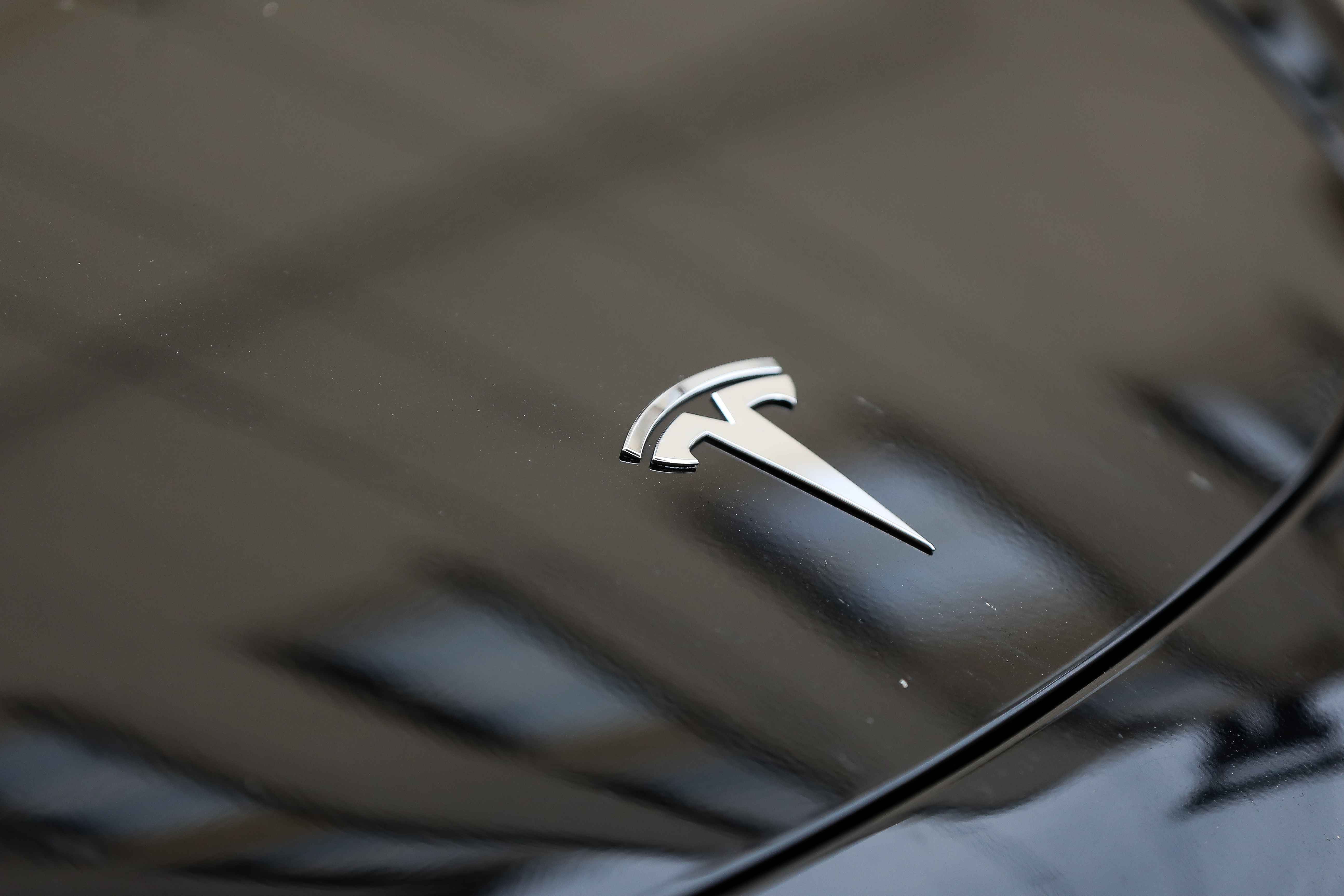
In their first debate since the outbreak of the Israel-Hamas war, the Republican presidential candidates all declared hawkish support for Israel but squabbled over China and Ukraine as they faced growing pressure to try to catch Donald Trump — who was again absent.
At center stage were Ron DeSantis and Nikki Haley, who has appeared competitive with DeSantis' second place position in some national polls. Haley, the former South Carolina governor and United Nations ambassador, declared she would end trade relations with China “until they stop murdering Americans from fentanyl — something Ron has yet to say that he’s going to do.”
In return, the Florida governor said Haley “welcomed” Chinese investment to her state, referencing land and economic development deals. Haley then accused DeSantis of scrubbing official websites to hide that Florida had pitched itself as welcoming to Chinese businesses.
The five people onstage faced new urgency to cut into Trump’s margins with the leadoff Iowa caucuses just two months away. Many of the candidates have gone after each other, hoping to break out as a viable alternative to the former president. They have been emphasizing their differences on foreign policy but also ripping Trump for his criticisms of the Israeli prime minister in the wake of Hamas’ attack and for his claims that a group attacking Israel was “very smart.”
We've got the news you need to know to start your day. Sign up for the First & 4Most morning newsletter — delivered to your inbox daily. >Sign up here.
Trump was the subject of the debate's first question, when moderators asked each candidate to explain why they were the right person to beat him.
Said DeSantis, “He owes it to you to be on this stage and explain why he should get another chance.”
Haley, who is pulling some voter and donor interest from DeSantis, said Trump “used to be right” on supporting Ukraine but “now he’s getting weak in the knees.”
U.S. & World
The day's top national and international news.
In addition to DeSantis and Haley, also appearing onstage Wednesday were South Carolina Sen. Tim Scott, former New Jersey Gov. Chris Christie and biotech entrepreneur Vivek Ramaswamy.
They all said they were staunchly behind Israel as it mounts an offensive in Gaza following Hamas' Oct. 7 attack that killed more than 1,400 people. The candidates did not discuss humanitarian aid for civilians in Gaza as the number of Palestinians killed in the war passed 10,500, including more than 4,300 children, according to the Hamas-run Health Ministry in Gaza.
Several also said they would pressure college campuses to crack down on antisemitism.
The rivalry between DeSantis and Haley has ramped up in recent weeks, with Haley rising in a prominent Iowa poll and gaining new interest from donors and voters. Both campaigns and allied super PACs have hit each other over the war in Israel and the U.S. relationship with China as Republicans take an increasingly antagonistic view of Beijing.
Both candidates have also diverged on abortion rights, a political challenge for Republicans since the Supreme Court overturned Roe v. Wade. Supporters of abortion rights claimed new momentum Tuesday after elections in several states went in their favor.
The DeSantis and Haley campaigns for months have attacked each other on China, long a topic of scorn in GOP primaries. Their allied super PACs have run ads in early primary states alleging the other side is soft on Beijing.
Ramaswamy tried to push his way into the center of the debate. Having long styled himself as someone willing to challenge his rivals, he repeatedly went after other candidates, notably Haley.
She seemed to ignore his first barbs, but snapped back during a discussion about the social media app TikTok, which many Republicans want banned in the U.S. due to its parent company's ties to China.
Ramaswamy accused Haley's daughter of having had her own TikTok account until recently. Responded Haley, “Leave my daughter out of your voice!” She then told him, “You're just scum.”
Trump has retained huge leads despite his efforts to try to overturn his 2020 election loss, his embrace of those jailed for storming the U.S. Capitol on Jan. 6, 2021 and his facing four criminal indictments and a civil fraud case against his businesses for which he testified in New York this week.
His campaign has worked to overpower DeSantis in their shared home state and publicly said it wants to score blowout wins in early primary states to seal the nomination.
DeSantis has used his official role as governor to show support for Israel, authorizing the state to fly hundreds of Americans evacuated from Israel to the U.S., ordered state universities to disband chapters of a pro-Palestinian group, and arranged to help send weapons, ammunition and other supplies to Israel.
Haley, also the former governor of South Carolina, has leaned into her experience as Trump's U.N. ambassador arguing in support of the Israeli government.
The race's overwhelming front-runner, meanwhile, was in a stadium about 10 miles away from the debate in the heavily Latino city of Hialeah. He has refused to participate due to his large lead in national and early state polls.
Trump's campaign has suggested the Republican National Committee should stop having debates and instead focus on supporting his campaign.
Top advisers Susie Wiles and Chris LaCivita raised Trump’s debunked claims of election fraud and said that if the party does not cancel debates, it is “an admission to the grassroots that their concerns about voter integrity are not taken seriously and national Republicans are more concerned about helping Joe Biden than ensuring a safe and secure election.”
The RNC did not respond to a message seeking comment.



